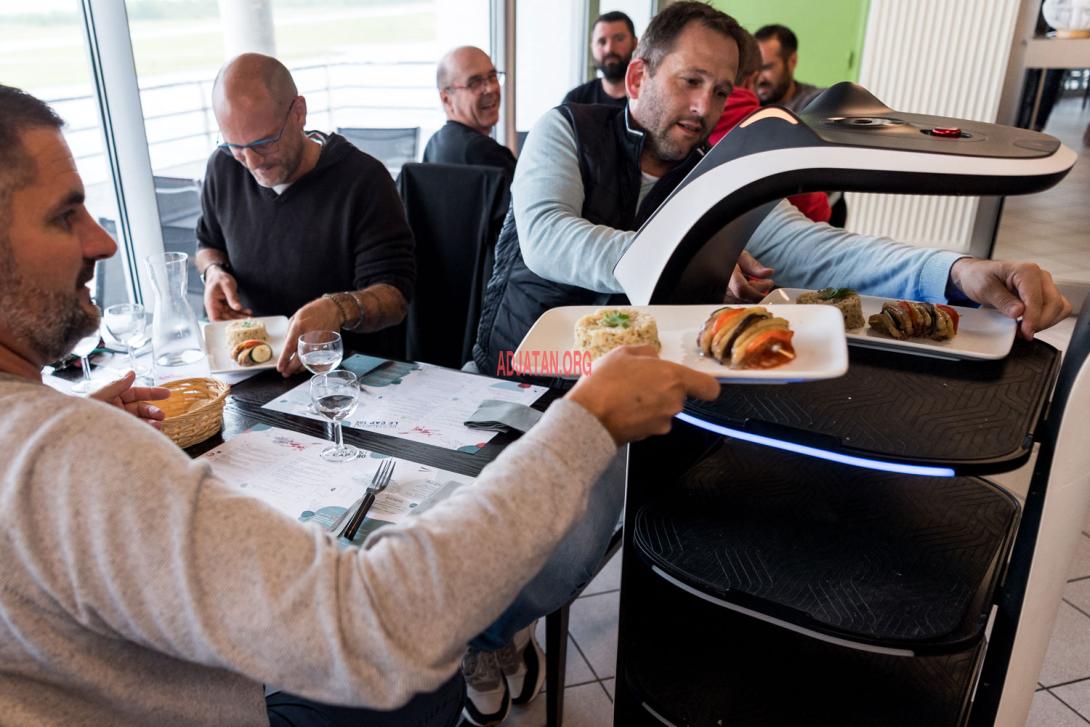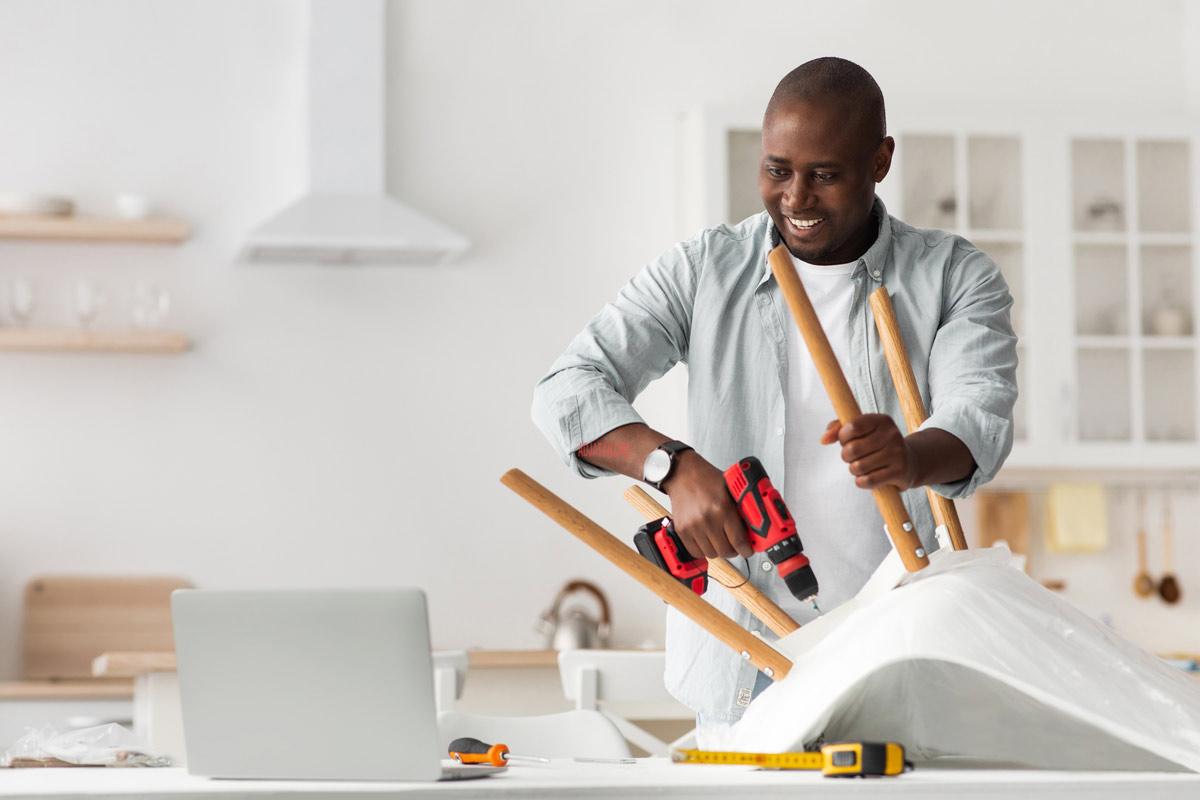
"Dear customers, your order is ready, please retrieve your dishes from the tray!" This unusual message for a restaurant is delivered by a robot, an innovative solution adopted by a restaurateur in the Lot to address ongoing recruitment challenges.
Geoffrey Ruamps, 33, runs Cap 180 restaurant in Cieurac, near Cahors. His establishment, which primarily serves lunch on weekdays, caters mainly to employees from nearby businesses. Despite this, Geoffrey struggles to find help to serve his 60 to 70 covers throughout the year.
"Since the Covid-19 pandemic, the situation has become extremely complicated," he explains. The few candidates available, often lacking experience, quickly give up. The restaurant industry is a "demanding" sector that "no longer inspires passion," he adds.
A recent study by the Ministry of Labor reveals that 75% of businesses in the hospitality and restaurant sector face recruitment difficulties.
Faced with a shortage of staff, Geoffrey Ruamps decided to invest 20,000 euros in a BellaBot, a 1.30-meter-tall robot waiter equipped with four stacked trays. After mapping the table layout, the robot transports dishes from the kitchen to the customers, who then retrieve them themselves.
"This robot saves a considerable amount of time," emphasizes Geoffrey Ruamps. "But it doesn't take orders, manage the bar, or handle coffee... It is purely robotic technology, so its capabilities are very limited."
Practical Challenges
In practice, using the robot is not without challenges. For example, when two large tables are reserved, Bella, confused by the new arrangement, stops a few meters away from the customers. Geoffrey then has to step in to complete the service.
He also assists other customers, even though the robot manages to reach them. At the end of the service, Geoffrey explains that some customers are "a bit reluctant" to serve themselves.
Most customers, mainly regulars, "completely" understand the initiative. After the initial surprise, some even find it amusing that Bella meows when its ears are petted. Others, like Laurence Valentin, 58, believe that "if employees were better paid, we wouldn't have this labor shortage!"
However, Geoffrey Ruamps assures that he offered 1,200 euros net for 25 hours a week, equivalent to nearly 2,000 euros for full-time work. "In the end, salary wasn't even a topic. If someone asked for 100 or 150 euros more, we matched it without hesitation," he confides.
The Invaluable Contribution of Humans
In light of the recruitment crisis, Quentin Pivaudran, president of the Union of Trades and Industries of the Hotel Industry of the Lot (UMIH 46), understands the resort to robot waiters. "It's a sad situation, but it works," he admits.
Nevertheless, he believes that this practice will not become widespread. "There are types of restaurants where this will never work," he concludes.
The adoption of robots in the restaurant industry highlights the current recruitment challenges in this sector. While robots can provide a temporary and effective solution, they cannot fully replace the invaluable contribution of human servers, who offer personal interaction and quality service that technology, despite its advancements, cannot match.





